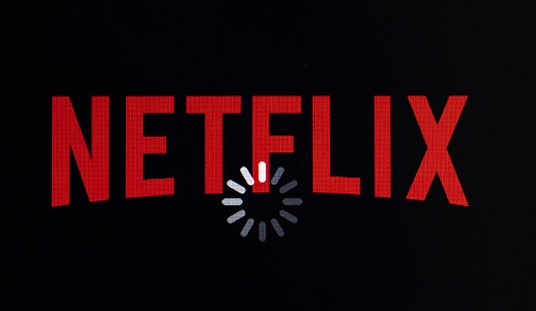Chicago, a city facing significant financial hardships and a persistent crime problem, is searching for solutions to restore its stability and security. However, proposed measures to tax and spend their way out of these challenges raise concerns and uncertainties.
The Action Center on Race & The Economy and The People’s Unity Platform (both strong allies of Mayor Brandon Johnson) have published an academic paper called “First You Get The Money” (Yes, seriously).
They are proposing Chicago institute a citywide 3.5 percent income tax on households earning $100,000 or more. However, it is essential to consider the cost of living adjustment, as highlighted in a Smart Asset report. This adjustment reveals that $100,000 in Chicago is equivalent to $59,000, significantly reducing the financial capacity of households already burdened by the high cost of living.
The same academic paper suggests implementing a “mansion tax” on sales of properties over $1 million, increasing the tax rate from 1.9 to 3.1 percent. This tax would also extend to commercial and industrial properties. While the intention may be to target wealthy property owners, it is crucial to acknowledge the potential consequences. Higher taxes on high-value properties can deter investment, stifle economic growth, and negatively affect the real estate market.
In 2014, former mayor Rahm Emanuel eliminated the Chicago Head Tax, stating that its removal was necessary for the city’s future and businesses of all sizes. However, the academic paper proposes its revival, which could have significant implications for the business community. Reimposing this tax might discourage companies from establishing or expanding their operations in Chicago, potentially leading to job losses and declining economic activity.
The Illinois Department of Human Services plans to allocate $30 million from unspent Covid funds to the Peace Keepers Program. While investing in community programs to reduce violence is commendable, relying on proposed tax increases to sustain such initiatives raises concerns. It is crucial to ensure the long-term sustainability of funding for these programs, as depending on uncertain revenue sources may jeopardize their effectiveness.
The organization Violence Interrupters plans to hire 1,000 additional violence interrupters to address the escalating gun violence in Chicago. While their goal of reducing gun violence by 50 percent is commendable, the absence of a specified end date raises questions about the feasibility and sustainability of this objective. Additionally, there is a need to evaluate the effectiveness of similar programs implemented in other cities before replicating them in Chicago.
Chicago’s ongoing struggle with rampant crime and gun violence poses a significant challenge to its future. Gang-related incidents frequently result in injuries and fatalities among the city’s residents. Unfortunately, the morale among Chicago police officers has been severely impacted by the defund the police movement. This has led to early retirements and officers seeking employment in suburban areas where their efforts are appreciated.
Consequently, the quality of recruits diminishes, and corruption within the police force becomes a concern. The Chicago Police Department is investigating allegations of officers engaging in sexual relations with migrants at the Ogden District station. Four officers are under investigation, and reports suggest that a teenage migrant is now pregnant. Such allegations not only tarnish the reputation of the police force but also highlight the need for comprehensive reform and accountability within the department.
Chicago’s financial hardships and crime problems require sustainable solutions. While proposals such as income tax increases, mansion taxes, and the revival of the Chicago Head Tax may offer a quick fix in the short run, their long-term potential consequences must also be carefully considered. Diverting tax revenue to fund programs like the “Peace Keepers Program” instead of hiring and training more police is short-sided. And thinking you can tax your way out of irresponsible spending is just as short-sided. Hopefully, Chicago can work towards a more prosperous and secure future for its residents. Unfortunately, “First You Get The Money” is not the solution to that prosperous and secure future.














Join the conversation as a VIP Member